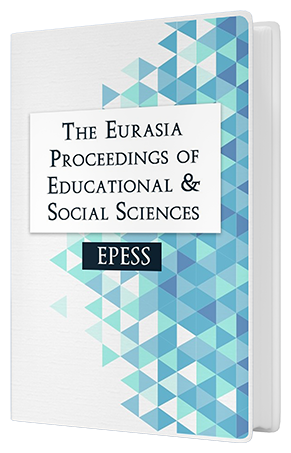Teachers’ Knowledge and their Perceived Competency in Integrated STEM Concepts: Implications on National and Global Trends
Keywords:
Science teachers, Perception, Competency, Integrated STEMAbstract
This study was carried out to investigate science teachers’ perceived competency and their knowledge in the implementation of Integrated STEM in Gusau Local Government of Zamfara State, Nigeria. Descriptive and causal non-experimental design was adopted for the study. Three research questions were raised and answered using descriptive statistic, while Analysis of Variance (ANOVA) and t-test were used in testing the formulated hypotheses at P<0.05 probability level. The data was collected using two research instruments; Perceived Competency Questionnaire (PCQ) and Performance Test on Integrated STEM (PTIS) which were validated by experts and have reliability coefficient of 0.78 and 0.81 respectively. Both were administered to 37 science teachers who were purposively sampled from two Science and one Technical school in Gusau. The findings revealed that, the perception held by science teachers about their competence in implementing Integrated STEM curriculum at secondary school level was relatively high. However, difference was found between their perceived competency and their performance in Integrated STEM unit, and this varies according to their subject specializations. It was recommended that, government should look into the possibility of introducing Integrated STEM curriculum in Nigerian schools and also train science teachers in that regard so as to align them with global trends in STEM education.Downloads
Published
Issue
Section
License
Copyright (c) 2019 The Eurasia Proceedings of Educational and Social Sciences

This work is licensed under a Creative Commons Attribution-NonCommercial-ShareAlike 4.0 International License.
The articles may be used for research, teaching, and private study purposes. Any substantial or systematic reproduction, redistribution, reselling, loan, sub-licensing, systematic supply, or distribution in any form to anyone is expressly forbidden. Authors alone are responsible for the contents of their articles. The journal owns the copyright of the articles. The publisher shall not be liable for any loss, actions, claims, proceedings, demand, or costs or damages whatsoever or howsoever caused arising directly or indirectly in connection with or arising out of the use of the research material. All authors are requested to disclose any actual or potential conflict of interest including any financial, personal or other relationships with other people or organizations regarding the submitted work.




